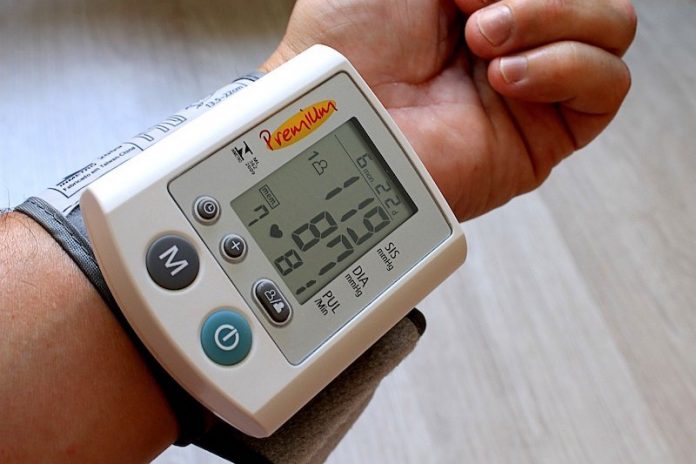
More than half of adults between the ages of 50 and 80 have a health condition that puts them at high risk of major health emergencies if they don’t keep their blood pressure under control.
But in a recent study, researchers found less than half of people in this group regularly check their blood pressure at home or in other places outside the health care system.
Even among people with such health conditions who said their health providers encouraged them to check their blood pressure regularly, only about two-thirds actually did.
The study is from the University of Michigan. One researcher is Deborah Levine, M.D., M.P.H.
The findings come from the National Poll on Healthy Aging, which asked older adults about their chronic health conditions, blood pressure monitoring outside of clinic settings, and interactions with health providers about blood pressure.
The new poll report focuses on responses from the 60% of the poll respondents who said they were either taking a medication to control their blood pressure or had a chronic health condition that requires blood pressure control – specifically, a history of stroke, coronary heart disease, congestive heart failure, diabetes, chronic kidney disease or hypertension (also called high blood pressure).
The team found 74% of the older adults with blood pressure-related conditions said they had a home blood pressure monitor.
Adults who owned a blood pressure monitor were much more likely to measure their blood pressure at home than those who did not own a monitor.
But less than half of those with both blood pressure-related health conditions and a home blood pressure monitor check their blood pressure at least once a week. Nearly one-fifth — 19% — never use the monitor.
Among those who check their blood pressure at home regularly, 50% share the readings with a health provider.
Among those with blood pressure-related health conditions who did not own a home blood pressure monitor, 54% said it was because it was not needed or they never considered it.
Only 62% of poll respondents with these chronic health conditions said that a health provider had ever told them to measure blood pressure at home.
The team found that adults who had been told by a health provider to check their blood pressure periodically were more than twice as likely to check blood pressure at home than those who were not told.
A doctor’s recommendation was cited as a reason for home monitoring by 51% of poll respondents who had a blood pressure-related condition and checked their blood pressure at home regularly.
Other motivations for checking blood pressure at home included the most common response of wanting to be as healthy as possible (mentioned by 60%) and the least common response of wanting to prevent a decline in their cognitive ability such as memory and thinking (13%).
This suggests that providers need to emphasize brain health to patients with blood pressure-related conditions. Monitoring and keeping their blood pressure under control can help the brain, as well as heart and kidney health.
If you care about blood pressure, please read studies about strength training that may safely reduce blood pressure, and findings that many people with high blood pressure use drugs that worsen it.
For more information about health, please see recent studies about pain relievers that may harm your blood pressure, and results showing that adding herbs and spices to meals may help lower your blood pressure.
Copyright © 2021 Knowridge Science Report. All rights reserved.



